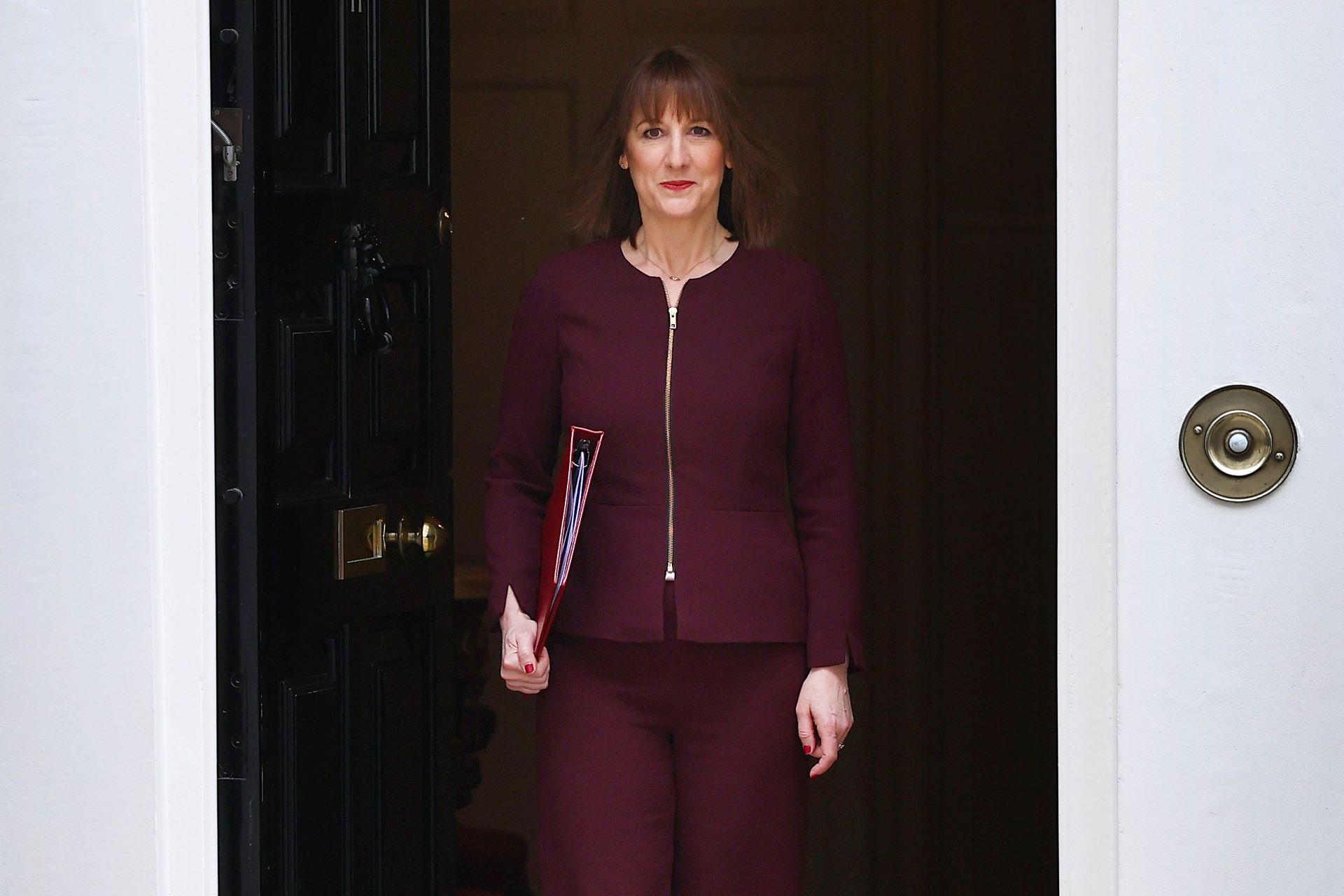Just when everyone seems to be revising down expectations of growth, real world data starts pointing in the opposite direction. The Office for National Statistics estimates this morning that GDP grew by 0.5 per cent in February. It also revised January’s figures upwards to give growth for the last quarter of 0.6 per cent, and annual growth of 1.4 per cent. That is almost looking healthy – although less so when you consider the growth in the population is thanks to high migration.
What’s more, growth was reasonably balanced, with the production sector growing by 1.5 per cent in February and construction by 0.3 per cent. Even car manufacturing had a positive month. These are areas of the economy which have shrunk in recent times even when services have grown. One of the parts of the economy that did shrink was education, which fell by 0.1 per cent, possibly related to the imposition of VAT on private school fees in January.
For the moment, the Reeves Recession has been put on hold. Yet these figures do look somewhat historic. They cover a period before the national insurance increases for employers took effect and, of course, before Donald Trump’s ‘Liberation Day’ turned global markets upside down. We won’t know the effect of tariffs for at least a couple of months.
No one will be happier with this morning’s figures than the Chancellor. The immediate threat to her position appears to have receded significantly. Besides the renewed growth in the UK economy, the focus of economic news has moved away from Britain’s performance and on to turmoil in the global economy. In the space of a month Britain has gone from looking the sick man of the developed world to being a relative haven of calm. Keir Starmer has won plaudits for the measured way in which he has handled the tariff crisis, refraining from threatening retaliatory sanctions – a position which could yet help Britain in the rapidly see-sawing situation.
However, nothing in this morning’s figures detracts from the dire state of the UK’s public finances, which are still likely to deteriorate in the next few months. Tax rises and/or spending cuts in the autumn Budget remain almost inevitable. What the figures will do, however, is remove the immediate threat of recession from the public discourse.
Yet there must be some suspicion that February’s good GDP figures represent a rush of activity before the storm. Any company exporting goods to the US had an incentive to bring forward shipments in the expectation they might be hit by tariffs later. UK companies, too, had an incentive to bring forward economic activity to lessen their NI bill. We will find out over the next couple of months how important these factors are to the overall picture.








Comments